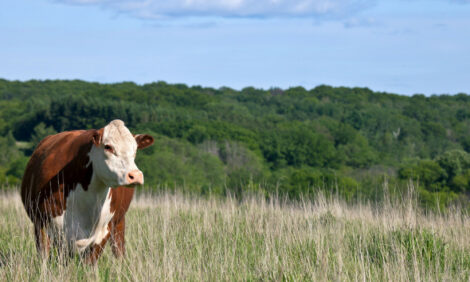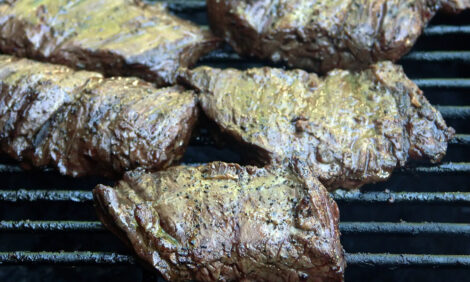



McKinsey report finds that zero-emission tractors and cattle that belch less gas can curb climate change
Using zero-emission farm machinery, creating a cattle herd that produce less methane and adopting new technologies can significantly cut greenhouse gas emissions from farms.According to Reuters, global consultancy firm McKinsey has released a report outlining how farm efficiency can curb the effects of global warming.
Agriculture remains one of the world’s biggest greenhouse gas contributors and is projected to contribute about 20 percent of total emissions in the next 20 years. Most of the emissions are methane, produced by belching cattle and rice paddy fields.
Emissions levels are rising as more food is grown to feed an expanding global population.
Environmental groups are urging consumers to reduce the amount of beef and lamb they eat, which could have the biggest impact on emissions, said the McKinsey report. Cutting food waste and reducing deforestation would also help, it said.
But farms could become more efficient, potentially cutting 4.6 billion tonnes of carbon dioxide equivalent a year by 2050 compared with emissions if no action were taken, or about 20 percent of reductions needed to help prevent the planet warming by more than 1.5 degrees Celsius.
"The first step in reducing emissions from agriculture is to produce food as efficiently as possible — that is, to change how we farm," the report said.
Of 25 measures the firm identified, replacing tractors and combine harvesters that use fossil fuels with zero emissions models would have the biggest impact, however no vehicles are commercially available now.
Of 25 measures highlighted, replacing tractors and combine harvesters that use fossil fuels with those with zero emissions would have the biggest impact, it said, although no vehicles were commercially available now.
The report found that genetic selection and breeding farm animals that emit less methane could also have a large impact.
Ruminant animals like cattle, sheep and buffalo produce methane when digesting food, generating more greenhouse gases than any country other than China in 2016.
Of the 19.9 billion tonnes of CO2 equivalent a year now emitted by agriculture, forestry and land use change, methane produced by cattle and other ruminant animals contributes about 8.3 billion tonnes, said McKinsey.
Breeders have already shown they could reduce by 5 percent per head the emission of methane, a more powerful greenhouse gas than CO2. Some feed additives also helped cut emissions, it said.
Read more about this story here.


